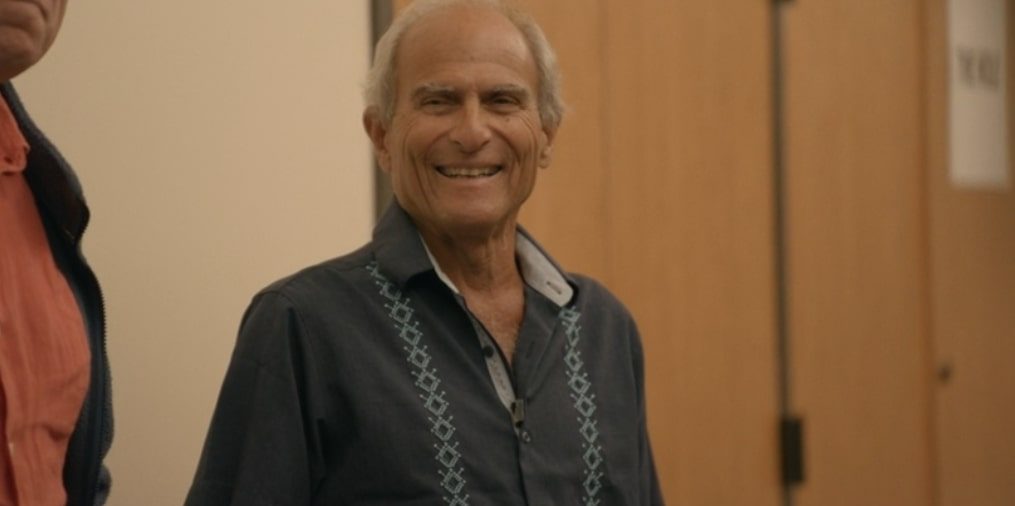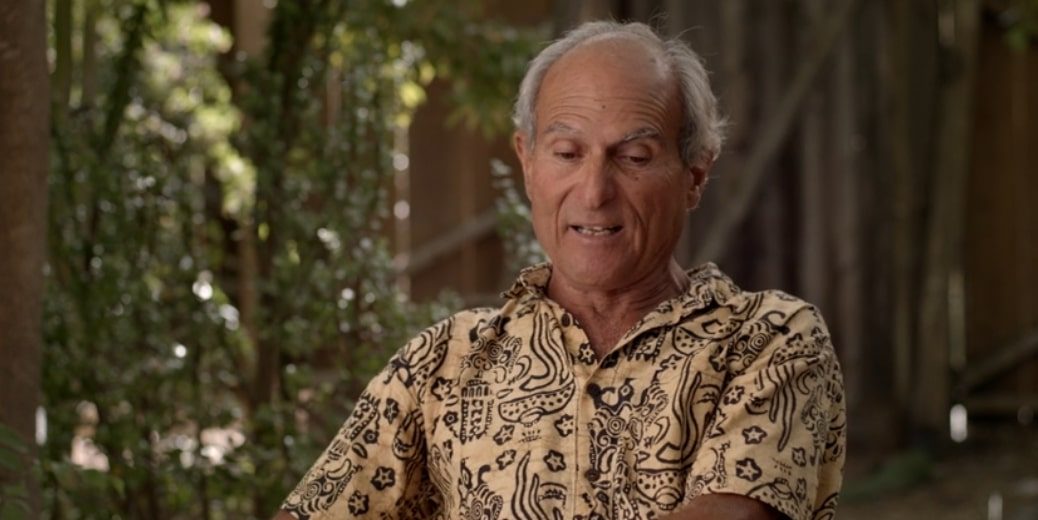The Stanford Prison Experiment often evokes images of the intense suffering endured by the “prisoners” and is remembered as a pivotal study in psychology. However, National Geographic’s ‘The Stanford Prison Experiment: Unlocking the Truth’ questions the authenticity and motives behind the experiment. By featuring interviews with individuals like Chuck Burton, who played the role of a guard, the documentary delves into the psychology of the participants as well as Professor Philip Zimbardo, who led the study, shedding light on deeper aspects of their behavior and the study’s purpose.
Chuck Burton is Regretful of His Actions During the Experiment
Chuck Burton was young and full of idealism when he saw an opportunity to participate in a paid experiment. Reflecting on that time, he noted that the country was still grappling with the aftereffects of the Vietnam War, and the experiment presented a unique chance amid the shifting social landscape. When assigned the role of a guard, he initially felt disappointed, considering himself anti-establishment. Growing up, Chuck had often felt smaller than his peers, being both physically smaller and younger from skipping grades. The Stanford Prison Experiment, he recalled, marked the first time he truly experienced a sense of power.

Chuck described how the guards and prisoners quickly settled into their roles, with each side embracing their assigned identities. He found himself wielding the baton with a surprising sense of authority despite knowing it was all pretend. When fellow guard Dave Eshleman began asserting himself as the dominant figure, Chuck naturally stepped into a secondary role. He recounted how the guards devised increasingly bizarre and humiliating tasks for the prisoners, intended to strip away their dignity—it all seemed to come instinctively. Even when prisoner Doug Korpi was confined in the “hole” as punishment, Chuck admitted that he felt little empathy for him at the time.
Over the years, Chuck has developed doubts about the authenticity of the Stanford Prison Experiment and its portrayal as a groundbreaking study in psychology. He voiced reservations about Professor Philip Zimbardo’s intentions, admitting he now views the entire experiment differently. What stands out to Chuck is how quickly he transformed into a different person, embodying a guard role he regrets in hindsight, especially considering the harsh treatment he administered to others. When he reunited with fellow participants, he offered a heartfelt apology, which they graciously accepted, understanding it wasn’t his true character. Reflecting on the experience, Chuck feels that, ultimately, both guards and prisoners were used for the experiment’s agenda.
Chuck Burton is Working Blissfully at a Meditation Centre Today
After spending 18 years immersed in the world of tax returns, Chuck Burton found himself yearning for a change. It was a long, steady career, but as time went on, he realized he was living for the work rather than for himself. It was after he left the industry that he truly began to live life on his own terms. These days, Chuck spends a lot of his time in Mexico. This is where he has been working in the serene environment of Open Dharma, a meditation center where he works and unwinds. A graduate of the UC Santa Cruz, he has found peace in balancing work with personal fulfillment. His days now reflect the rhythm of a life he’s chosen.
Chuck Burton Finds Beauty in Every Place He Travels to
Chuck Burton’s zest for travel has taken him to every corner of the globe, each destination leaving its own indelible mark on him. Whether it was the striking landscapes of Iceland with its fiery volcanoes and icy glaciers, the rich culture and vibrant colors of India, or the rugged beauty of Uganda’s wildlife and the spirit of its people, Chuck has seen the world through a unique lens. But it’s not just the natural beauty that’s shaped Chuck; some of his travels have profoundly impacted him on a human level. One of the most moving experiences came when he visited the Auschwitz concentration camp in Germany. The weight of history and the haunting atmosphere of the camp left him speechless. Then there was his 2014 trip to Paris, where Chuck couldn’t stop gushing over the city’s breathtaking charm.
While Chuck’s adventures have taken him far and wide, he has found a peaceful rhythm in Mazatlán, Sinaloa, where he spends a lot of time with his partner, Kathleen Gilman. He is glad to be experiencing all the new things in life with her. Their life there is one of contentment, but Chuck never misses an opportunity to share glimpses of the tranquil beauty of his coastal home—whether it’s the sunsets over the Pacific or the charm of the town’s old-world streets. He is also never shy about expressing his thoughts on pressing political and social issues. His opinions on matters such as class warfare and corporate capitalism are often sharp and insightful, reflecting a deep concern for the state of the world. Chuck’s unwavering commitment to living authentically and thinking critically about the world around him continues to shape the path he walks—and he invites others to join him on that journey with an open heart and a sharp mind.
Read More: Richard Yacco: Where is Stanford Prison Experiment Prisoner Now?


You must be logged in to post a comment.